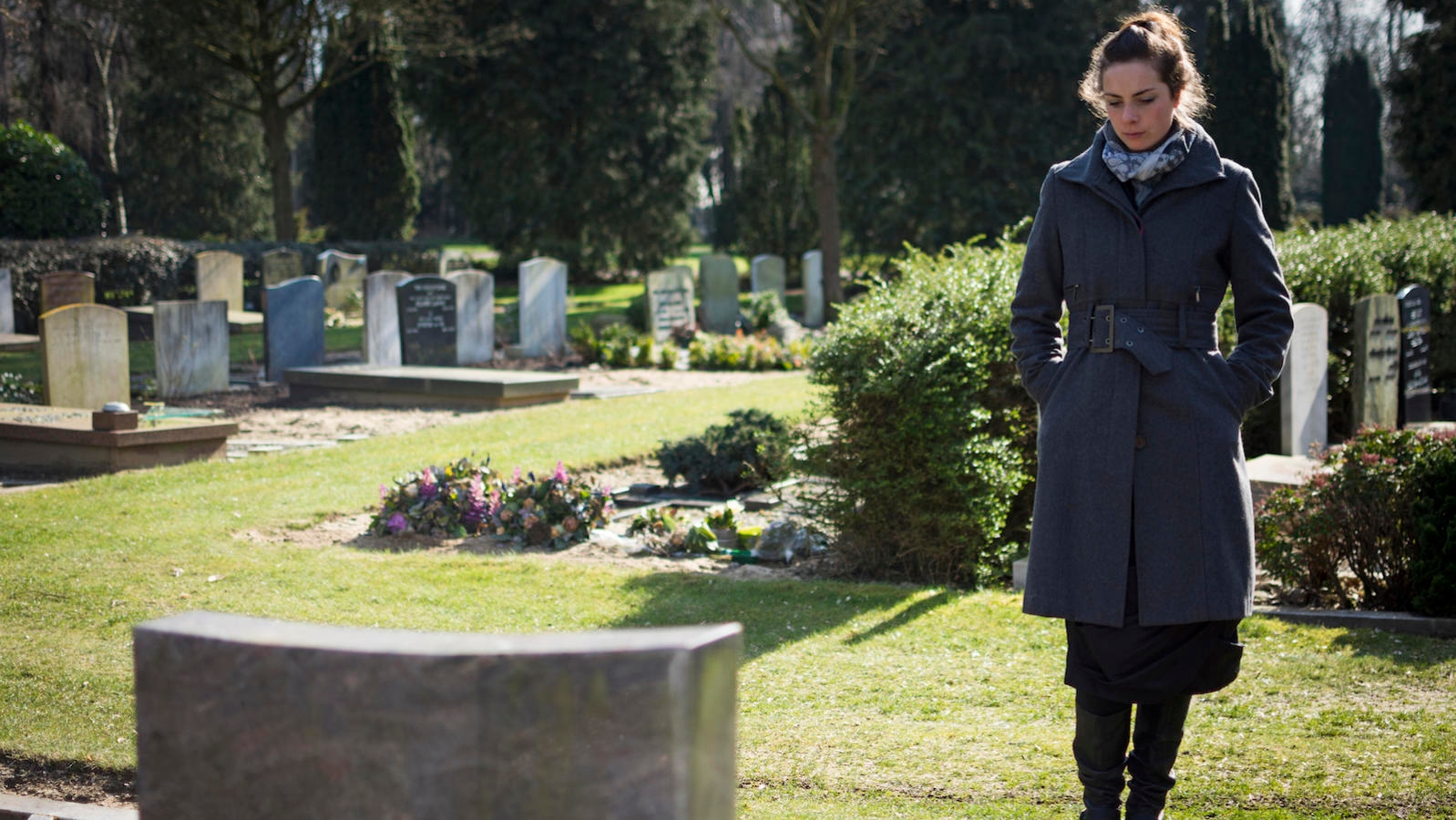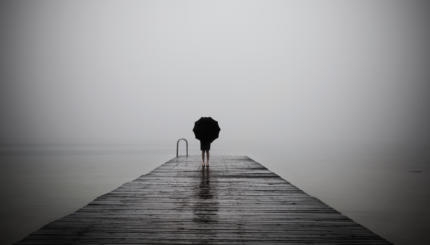Before interfaith marriage became a part of mainstream, contemporary Jewish life, synagogues rarely faced the issue of families seeking to have loved ones who are not Jewish buried in a Jewish cemetery. The ancient rules and rituals that governed Jewish cemeteries for many centuries came about in an era when religions often viewed outsiders with suspicion and fear. As intermarriage has become more pervasive, more open and inclusive practices have emerged regarding the burial of people of other faiths in Jewish cemeteries. Keeping this background information in mind, here are some frequently asked questions:
. May someone not Jewish be buried in a Jewish cemetery? May a Jew be buried in a cemetery that’s not Jewish?
. Who officiates at services for a spouse or relative who is not Jewish?
. May Jews observe Jewish mourning rituals for relatives who are not Jewish?
. May Jews participate in funerals of people of other faiths? May those who are not Jewish participate in Jewish funerals?
Note that a person who converts to Judaism is considered to be Jewish in every way. Here, someone not Jewish refers either to someone who practices a faith other than Judaism or to someone who may participate in Jewish celebrations and communal life, but never formally converted.
The responses below to these questions are based on American Reform Jewish opinion. For Orthodox and traditional perspectives on these issues, click here.
With your help, My Jewish Learning can provide endless opportunities for learning, connection and discovery.
Question #1 – Cemetery Burial
It is accepted practice in the Reform community to bury a spouse who is not Jewish in a Jewish cemetery. The opinion of Reform thinkers is that when others disallow the burial of a person who isn’t Jewish in a Jewish cemetery, they are adhering to custom, not Jewish law. The Talmud, or body of texts that comprises Jewish law, states that for the sake of peaceful relations, we may bury the non-Jewish dead (Gittin 61a). Bear in mind that this teaching does not come from the modern liberal era we inhabit, but from an ancient context in which dividing lines between religious groups were thick and often rigid.
Reform Judaism’s practice has been to permit relatives who aren’t Jewish to be buried in Jewish cemeteries provided that there be no symbols of other religions on the person’s grave marker. Generally, clergy of other faiths are not permitted to officiate at the interment in a Jewish cemetery. The rules do differ from cemetery to cemetery, so it’s always a good idea to ask.
The concept of a Jewish cemetery is an extension of Jewish communal identity and cohesion. It is, therefore, desirable for Jews to be buried in a Jewish cemetery. Yet, when a Jew is buried in a non-Jewish cemetery, a rabbi may officiate nonetheless.
Question #2 – Who Officiates for a Spouse Who is Not Jewish?
Here is the typical model that is used in the Reform movement: If a spouse who is not Jewish is a practicing member of another faith, a clergy person of that faith officiates at the church, mosque, funeral home or other facility being used for a funeral. If the interment for the deceased is to be in a Jewish cemetery following the funeral, generally a rabbi officiates at the graveside. If a spouse who is not Jewish has been part of Jewish family and communal life, but has never converted, a rabbi may officiate at the funeral and at the interment, if such was the wish of the deceased.
Question #3 – Observing Jewish Rituals for Those Who Are Not Jewish
Traditionally, Jewish mourning rituals are observed for a deceased spouse, parent, sibling or child. If the (not Jewish) deceased stands in one of these relations to a Jewish mourner, we encourage the mourner to observe Jewish mourning customs. Such practices are intended to support the living and to help them express their grief. They also serve to honor the memory of the deceased by those to whom they were beloved. Kaddish — the prayer extolling God that is said by mourners — then, may certainly be recited for those not Jewish. Converts to Judaism may say Kaddish for deceased relatives who were not Jewish.
Question #4 – Participation in Funerals
Jews mourning relatives and friends who were not Jewish may attend funeral services held in a church or funeral chapel. Jews may serve as pall bearers and may accept an invitation to speak about the deceased. In a Roman Catholic funeral, the Eucharist (Communion) may be included. Of course, Jews do not participate in receiving communion, nor do Jews kneel during the service. In certain Protestant denominations, the funeral is an occasion to witness for Jesus, with less emphasis on the life of the deceased. Jews can participate in these funerals as guests without participating in requests by the officiants for people to declare their allegiance to Jesus or embrace Christian theological beliefs.
Participation by those who are not Jewish in a Jewish funeral tends to involve serving as pall bearers and/or offering a eulogy. Rabbis will help guide, advise and support people of other faiths who want to offer loving participation in a Jewish person’s funeral or burial.
Conclusion: The Connection to Hesed Shel Emet, Acts of Loving-Kindness
In Jewish tradition, burial of the dead is sometimes referred to as hesed shel emet, a Hebrew expression that roughly translates to “an act of true loving-kindness.” This term expresses the idea that what we do for the dead is the most sincere and selfless act of caring we can perform, since the dead cannot repay us. Burying relatives who were not Jewish in our midst and expressing our grief through Jewish mourning practice is no less an effort of true loving-kindness. The act of hesed shel emet stands as a memorial to relationships in life which bespoke love, devotion and caring. Further, our openness promotes peace among the living. If we want our beloved deceased to rest in peace, we, their survivors, must find wholeness and completeness in their death through sharing our tradition.
Reprinted with permission from InterfaithFamily: supporting interfaith families exploring Jewish life. Sign up for their newsletters here.
Sign up for a Journey Through Grief & Mourning: Whether you have lost a loved one recently or just want to learn the basics of Jewish mourning rituals, this 8-part email series will guide you through everything you need to know and help you feel supported and comforted at a difficult time.
Looking for a way to say Mourner’s Kaddish in a minyan? My Jewish Learning’s daily online minyan gives mourners and others an opportunity to say Kaddish in community and learn from leading rabbis.
Kaddish
Pronounced: KAH-dish, Origin: Hebrew, usually referring to the Mourner's Kaddish, the Jewish prayer recited in memory of the dead.



